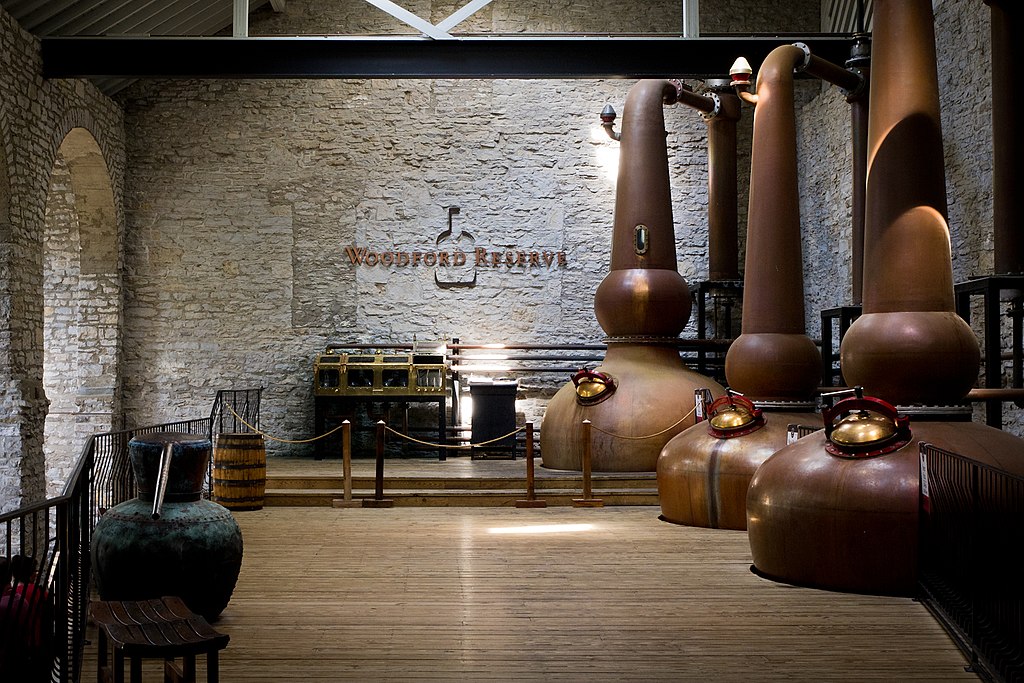Date Published: June 1, 2015
One thing that has always defined American pop culture is the “outlaw ethos,” the idea that there are people who exist romantically outside the law — not doing harm, but merely living life the way they want to and breaking some silly laws. Nothing has really demonstrated this more than “moonshine culture,” the concept of people distilling their own alcohol and selling it outside normal structures. This was especially popular in the South, and all over during Prohibition. Moonshine runners even eventually led to NASCAR.
Of course, there was a fairly good reason for this being illegal: poorly-made alcohol could hurt, blind, or even kill someone. As the years went on, the art of moonshining became legal, as small-batch distillers were allowed to operate and sell their wares, with some restrictions. One of the most important regulations, and the one that concerns us and many of our clients, is that distillers have to obtain performance bonds. Without this, one may not be able to get a license.

Woodford Reserve is one of the most famous distillers of fine bourbon, but one thing it has in common with the new wave of small distillers is the need to be bonded.
Image Source: Wikimedia Commons
Distilled Spirit Laws and the Rise of Small Batch Artists
Of course, distilling isn’t as simple as merely setting up a bathtub and making some gin. It is still illegal to produce alcohol out of your house and illegal to sell anything that comes from an unlicensed distillery. There are serious charges from producing distilled spirits in your home, which includes your shed, garage, etc. Sure, there are plenty of people who still do it, but it is illegal and comes with heavy fines and penalties (beer and wine, of course, can legally be made at home). There is a move to decriminalize home-brewing of spirits if it is non-commercial, but we aren’t quite there yet.
However, it is easier than ever to open a distillery if you have the knack. There are small-batch distilleries popping up everywhere. There were less than 200 craft distilleries in 2008, and the number now is nearly 1000. The love of artisanal, small-batch liquor, especially bourbon, but not limited to it, has grown immensely, and there are a lot of people who want to give it a try. You may be one of them.
To do so, you have to be a craftsperson, someone with a meticulous eye for detail, and the patience to do the job correctly. You have to have taste and vision, and a plan for how to build. It’s no wonder that many contractors and people in manual labor move into distilling: it’s the same skillset, and you are still doing something you love. It’s creative and mathematical. And, much like contracting, you have to make sure you’re bonded.
Getting Bonded in Order to Distill
If you want to open a Distilled Stiller Plant (DSP), you have to fill out a permit application with the Alcohol, Tobacco, Tax and Trade Bureau (TTB, for very short). They will evaluate your claim, and then approve or disapprove. There is quite a bit of paperwork involved in this process. One of the key components is getting a bond. The bond guarantees that you will pay your excise tax, and more importantly that you will follow every federal or local law regarding the distilling of spirits.
The first type of bond, with the taxes, is what is called an “operational bond,” and it is calculated based on the proof gallons of product. A proof gallon is “one liquid gallon of spirits that is 50% alcohol at 60 degrees F. Distilled Spirits* bottled at 80 proof (40% alcohol) would be 0.8 proof gallons per gallon of liquid.” The minimum bond is $15,000, which assumes about 1100 proof gallons. Remember, that this isn’t real gallons: an 80 proof liquor makes it 1325 gallons, and a higher one reduces that number. This bond is to make sure that you pay the taxes you owe on spirits.
It gets complicated after this. You have to determine what it means to have a product on sale, as that affects the tax structure. With something like brewing, where product can sit, intentionally, for years, this can be difficult. The bonding process here is complicated, even if the form seems straightforward.
This is where a solid surety company comes in. Many have never dealt with a brewer and thus are unfamiliar with some the rules. This can be a challenge, which is why you need to go with a company that is not only trusted and reliable, but experienced with brewers and knows the law about distilled spirits bonds. Apply for your bond with Surety1 today.
Opening your own distillery can be exciting, challenging, and very rewarding. Make sure that you have the right paperwork. It’s one thing to be part of an outlaw tradition; it’s another to deal with the headaches that come with actually being one.
Getting your distillery permit requires the backing of a strong Surety company with a reputation you can depend on. Contact Surety1 today for a quick and fair bonding process that’ll get you to work.


Surety1 was founded in 2003 and helps thousands of clients find the best prices on their surety bonds. We take pride in our work so that we can give you great service. Learn more about Surety1.

